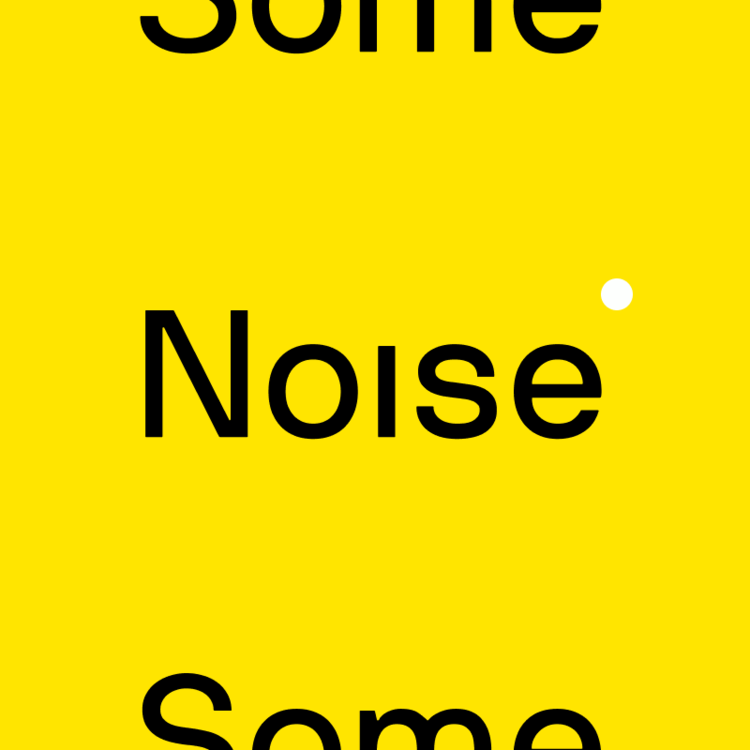“Afghanistan and Palestine are right next to each other so that’s kind of interesting.”
About
Some would have you believe that America’s history begins with its revolution.
1776.
Others have painstakingly proven why it should be moved back even earlier, closer to the date of when the early immigrants committed this country’s original sin.
1619.
It seems there’s always a choice in America, even with history. But in countries like Afghanistan, the answer has already been chiseled into stone. This is the place where countries go to die, it is a graveyard of empires.
This moniker has been cited so many times and for so long that it’s unclear who first said it. Even the Afghan community will recite this pride. But what a title like this fails to convey is that while this might be a country responsible for the many tombstones of others, it very well is also a moratorium of progress for itself, a state in perpetual arrested development.
This is also a cemetery for countless Afghans who, in more modern times, failed to see any empire rise.
Why do some countries get to debate their histories while others have their legacy determined by outsiders? And what gets lost along the way?
Show Notes:
[00:30] “The Layers of Heaven” by Jovica
[00:45] The Kite Runner by Khaled Hosseini
[00:50] The Breadwinner by Deborah Ellis
[01:15] Re: Is it hard to have fun when you have a library card?
[01:20] More on Jamil Jan Kochai (@jamiljankochai)
Read his book, 99 Nights in Logar
Read his New Yorker story
[01:35] The renovation project on the West Sacramento Public Library
[02:35] Listen to Part 1 here
[02:50] A Thousand Splendid Suns by Khaled Hosseini
[03:10] Sea Prayer by Khaled Hosseini
[03:15] “Mirrored Seduction” by Walt Adams
[04:40] SparkNotes for The Kite Runner
[05:05] The Kite Runner movie trailer
[07:50] “Attan-Khatme Zanzeri”
s/o to the original “afghan-music.com”
[09:50] Books here:
Afghanistan: A Short History of Its People and Politics by Martin Ewans
Taliban: Militant Islam, Oil and Fundamentalism in Central Asia by Ahmed Rashid
Zinky Boys: Soviet Voices from the Afghanistan War by Svetlana Alexievichy
Directorate S: The C.I.A. and America's Secret Wars in Afghanistan and Pakistan by Steve Cole
[12:20] Light reading on Napoleon’s conquest of Egypt
Related reading here
[12:35] French Suite No. 2 in C Minor
[13:20] Light reading on the late Edward Said
[13:30] A recent review of Orientalism by Edward Said
[14:10] Edward Said with the Media Education Foundation in 1998
[15:20] More on Farhad Azad and afghanmagazine.com
[16:10] “Over the Dunes” by Jon Sumner
[16:55] Light reading on Nader Shah
[17:10] Light reading on the Pashtuns
More on Pashtunwali
Light reading on Ahmad Shah Durrani
[20:30] More on Dr. Nivi Manchanda (@ManchandaNivi)
Her book, Imagining Afghanistan: the History and Politics of Imperial Knowledge
A Q&A on her book
[21:00] Light reading on the British East India Company
[21:10] Light reading on the geopolitical context of the 1800s
[21:50] An Account of the Kingdom of Caubul, and its Dependencies in Persia, Tartary, and India
[22:30] Some of Dr. Manchanda’s other writings
[23:45] “Fairy’s Fear” by Deskant
[26:35] Light reading on the US-Afghan war
[26:50] Light reading on the Great Game
[27:25] “Devil’s Disgrace” by Deskant
[27:35] Light reading on the British Intelligence officer who coined the term “The Great Game”
Related: A 1901 review of Rudyard Kipling’s Kim
[29:05] See 'Remnants of An Army’
Read some backstory of the painting here
[29:30] Light reading on William Brydon
[29:45] Technically, it was the winter of 1841-42, but more reading on that retreat here.
[31:20] Light reading of that first occupation in 1842
[32:30] Light reading on Dost Muhammad Khan’s reflections on the British empire
More on First Anglo Afghan War (1839-42)
[32:50] Light reading on Sher Ali Khan
More on the Second Anglo Afghan War (1878-80)
[33:50] Light reading on Abdur-Rahman Khan (aka The Iron Emir)
Light reading on the state of the Hazara population
Light reading on the Hazara genocide of the 1890s
More reading on the Hazara genocide
More reading on the Hazaras
His rationale of his brutal reign
[33:55] “Pepper Seeds” by Rune Dale
[36:05] Light reading on the assassination of Habibullah Khan
[37:20] “Crusade” by Max Anson
[37:50] Light reading on the Third Anglo Afghan War (1919)
Light reading on Ammanullah Khan
Light reading on the bombings of Kabul
Light reading on Afghan Independence Day
Light reading on the Durand Line
[39:35] More on Wazhmah Osman
And her book: Television and the Afghan Culture Wars
And her film: Postcards from Tora Bora
[41:40] Light reading on Khushal Khan Khattak









